Akan
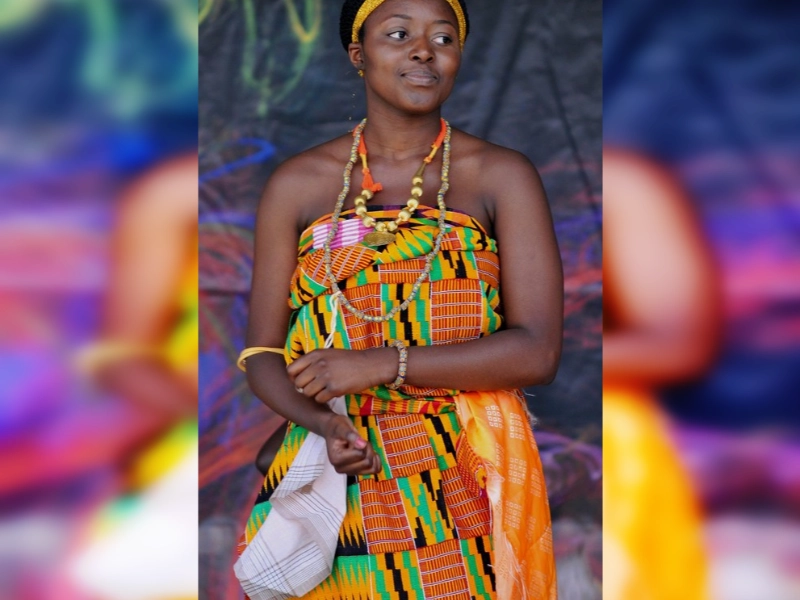
An ethnic group called the Akan people is predominantly found in Ghana and other Western African countries. The Akan are known for their rich cultural heritage, which is deeply rooted in their traditions, beliefs, and social structures. One of the most significant aspects of Akan culture is the emphasis on family ties and morals, which serve as the cornerstone of their society.
In Akan culture, family is of paramount importance, and they place a high priority on maintaining strong family bonds and adhering to moral values. The Akan people have a unique matriarchal system, where inheritance and control are passed down through the female line. This means that lineage and succession are traced through the mother's side of the family, and women often hold significant authority and influence within the community.
The matriarchal society of the Akan is reflected in various aspects of their daily lives, including property ownership, leadership roles, and social responsibilities. Women play a crucial role in decision-making processes, and their wisdom and guidance are highly respected. This matrilineal system ensures that family ties remain strong and that the legacy of the ancestors is preserved through the generations.
The Akan people also have a rich tradition of art, music, and storytelling, which are integral to their cultural identity. Festivals and ceremonies are important occasions for the Akan, where they celebrate their heritage and reinforce their social values. Through these cultural practices, the Akan people continue to honor their ancestors and pass down their traditions to future generations.
In conclusion, the Akan people of Ghana and other Western African countries have a deeply rooted cultural heritage that places a high priority on family ties and morals. Their matriarchal society, where inheritance and control are passed through the female line, is a unique and defining feature of their culture. The Akan people's commitment to preserving their traditions and values ensures that their rich cultural legacy continues to thrive.
Recommended Reading: 12 Incredible Photos of Paige Spiranac's Golf Mastery











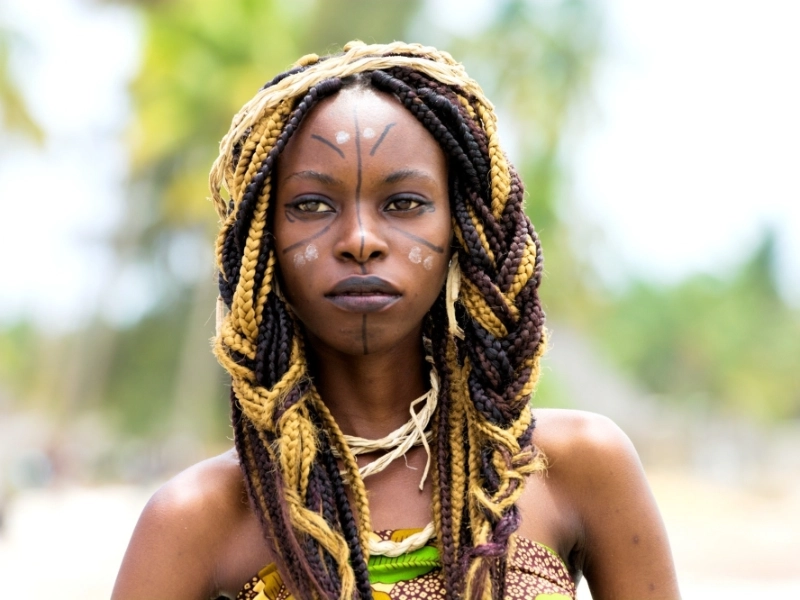






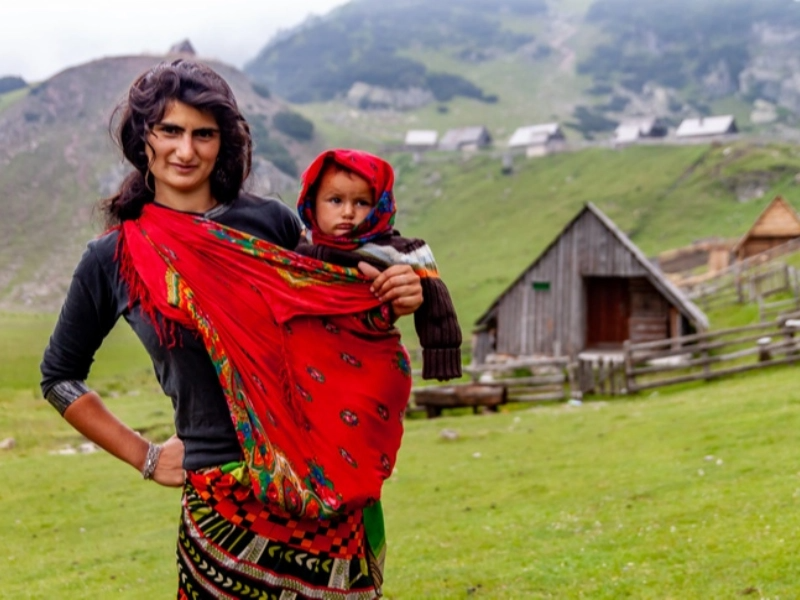

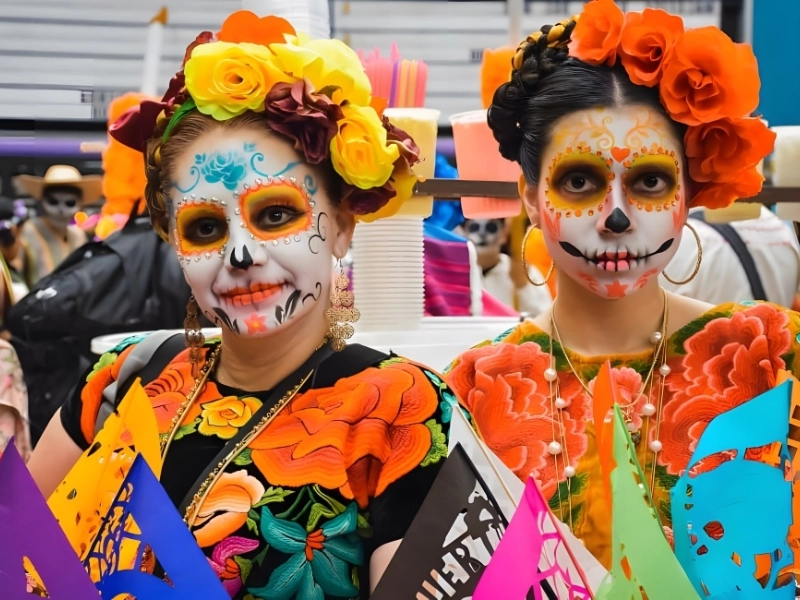

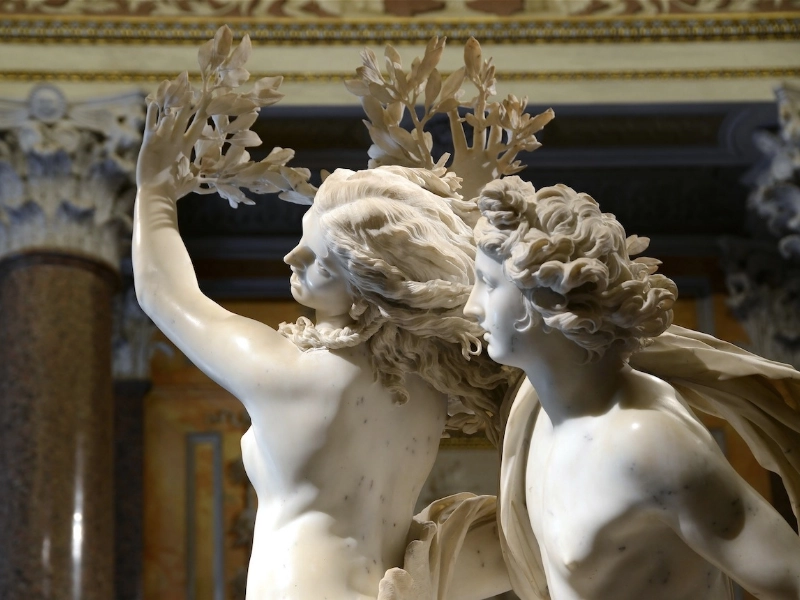

Aligns with antifragile tendencies.
Good seed for cross-training.
This reframes expected limits.
Strengthens governance posture.